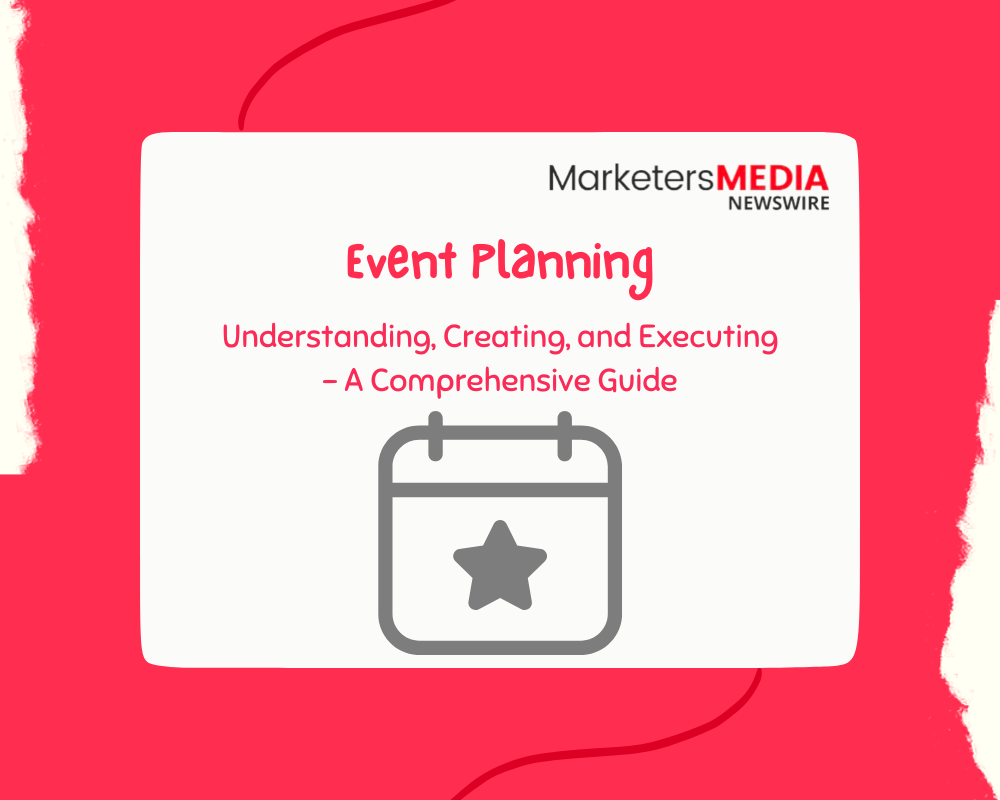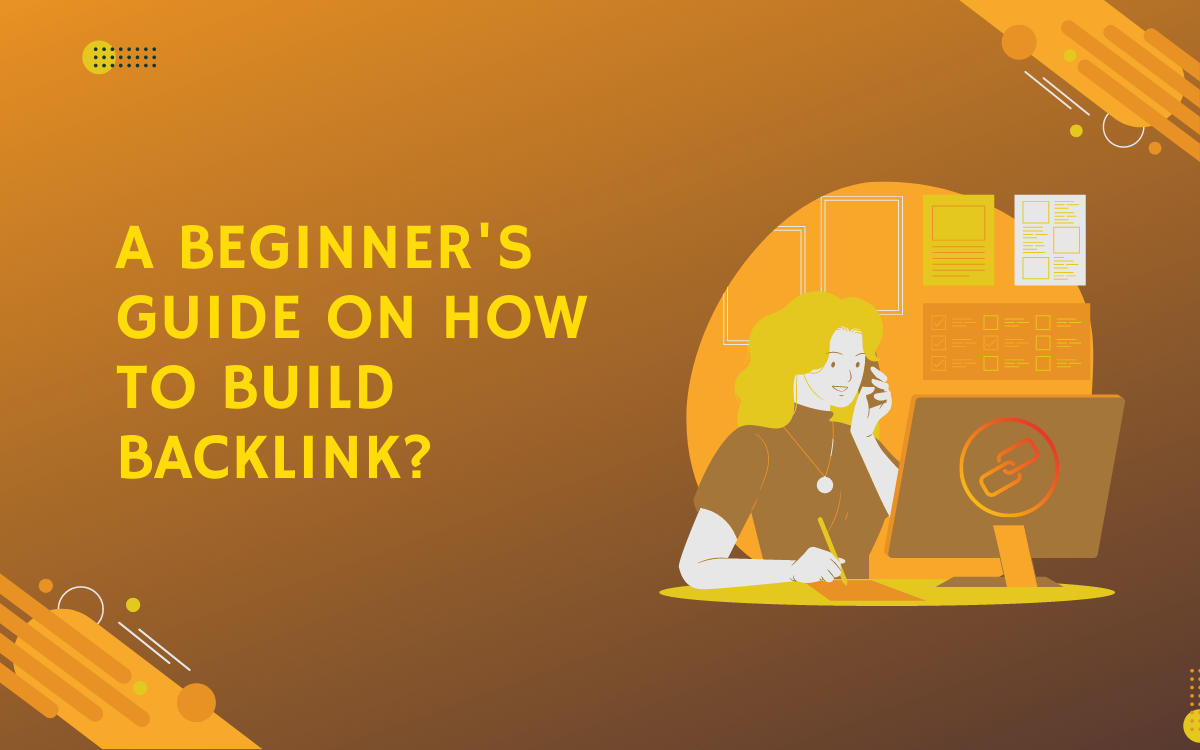Table of Content
No headings found.
Are you tired of event planning stress? Ready to level up your game and host unforgettable gatherings with attendee engagement, event promotion, and a meeting? Dive into this blog post for expert tips and tricks that will transform your events from mediocre to magnificent, guide attendee engagement, and change venues. Whether it's a birthday bash, corporate conference, or wedding extravaganza, we've got you covered with practical advice on event planning template to make every event details shine. Say goodbye to last-minute chaos and hello to seamless execution that leaves guests raving for days. Get ready to elevate your event planning skills and create experiences that linger in memories long after the party ends.
Understanding Event Planning
Setting Goals
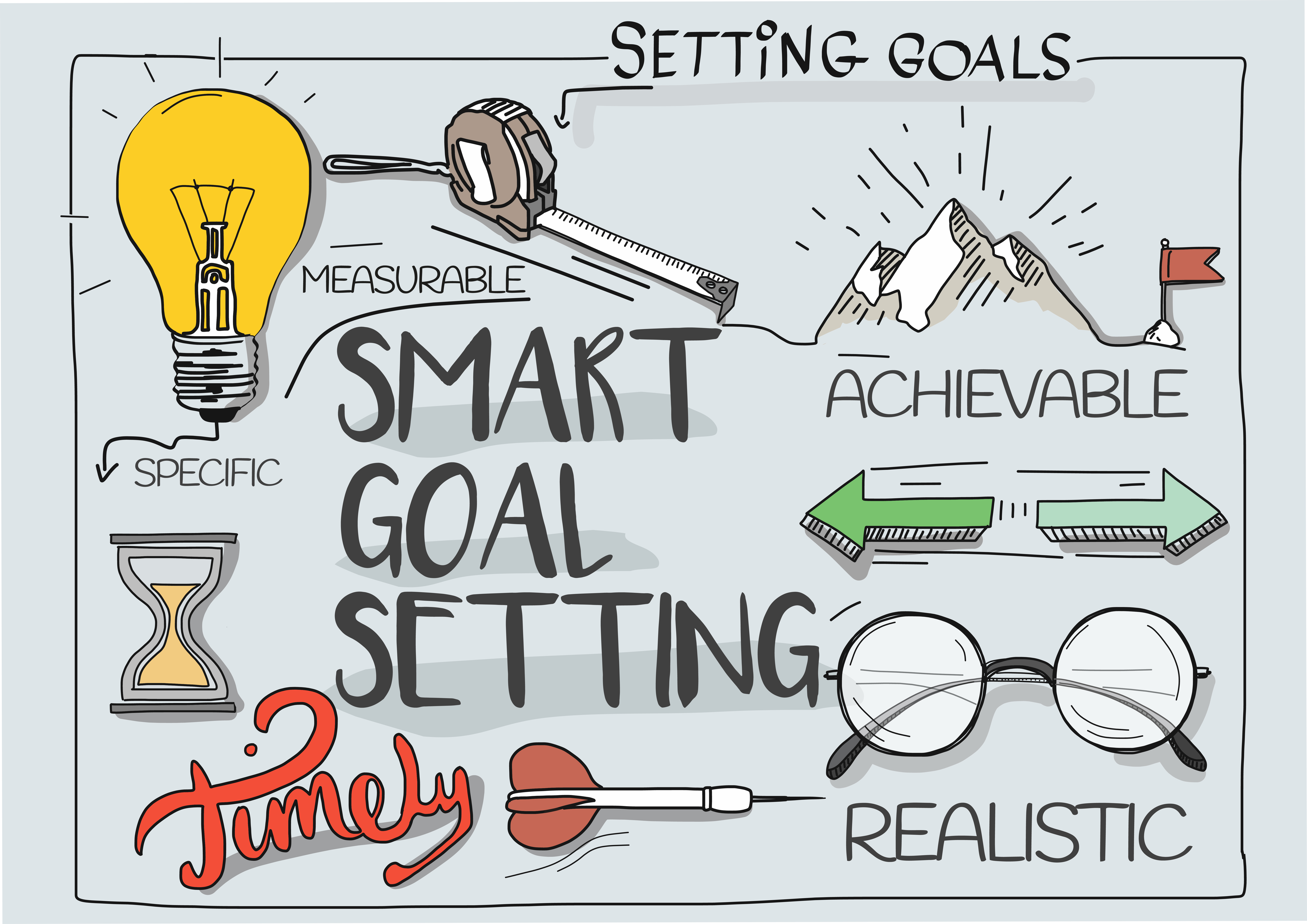
Event planning starts with setting clear goals. Determining the purpose of the event, plan, goals, and attendee is crucial to guide all decisions throughout the process. For instance, goals such as raising awareness for a cause or celebrating an achievement could be the purpose. Defining specific and measurable objectives helps in tracking progress and evaluating success effectively.
Aligning goals with the target audience ensures that the event resonates with attendees. By understanding who will be present at events, planners can tailor every aspect of the event to meet their expectations and needs. For example, if organizing a fundraising gala for animal welfare, ensuring that donors feel connected to the cause is essential.
Importance of Objectives
Having well-defined objectives provides direction and focus during event planning. Clear objectives help measure success, allowing planners to assess whether they have achieved what they set out to do. If one objective is to increase attendance by 20%, this tangible goal can be tracked throughout the planning process.
Moreover, objectives serve as a compass guiding decision-making at every stage of event planning. Whether planning events, choosing a venue, selecting vendors, or creating marketing materials, having clear objectives helps ensure alignment with the overall purpose of the event.
Creating an Effective Plan
Steps for Success
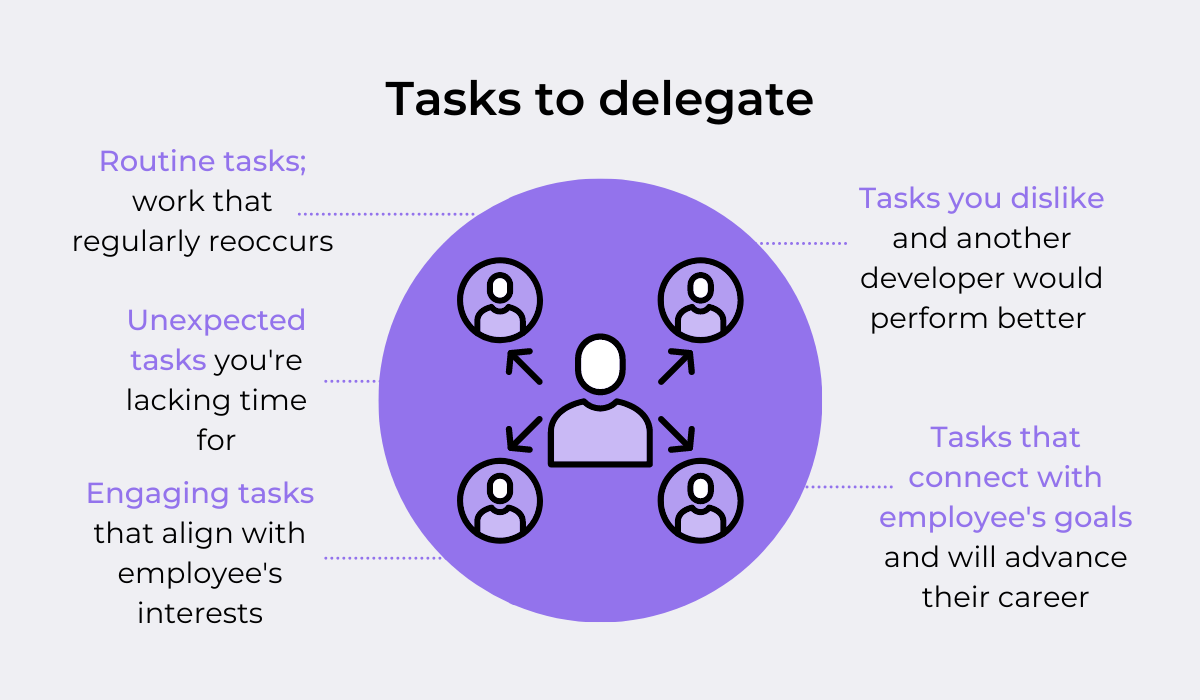
Event planning involves several crucial steps to ensure success. Conduct thorough research to understand the events' purpose, target audience, objectives, and plan. Gather information about potential venues, vendors, and suppliers to make informed decisions.
Create a detailed timeline and checklist outlining all tasks leading up to the event day. This helps in tracking progress and staying organized throughout the planning process. Delegate tasks based on team members' strengths and expertise to ensure efficiency in execution.
Utilizing Templates
Event planning templates are valuable tools that can streamline the events planning process. These templates cover various aspects of event planning such as budgeting, timelines, guest lists, and vendor management. By using pre-designed templates or creating custom ones tailored to specific needs, planners can save time and maintain consistency across different events.
Templates offer a structured framework that ensures no essential details are overlooked during the planning phase. They provide a visual representation of key milestones and events within the timeline, making it easier for the team to stay on track with deadlines and deliverables.
Managing Budgets and Expenses
Establishing Budgets
:max_bytes(150000):strip_icc()/what-makes-for-a-successful-budget-1289233_final-225d5c28eefd4a0a8ecbebce0f599b1d.jpg)
Establishing budgets is crucial. Determining the available budget early on helps in allocating funds effectively. For instance, dividing funds for the venue, catering, marketing, and other aspects in the event plan ensures balanced spending.
Regularly tracking expenses throughout the planning process is essential to avoid exceeding the set budget. By monitoring costs closely, event planners can make necessary adjustments to stay within financial limits.
- Determine available budget early
- Allocate funds to different aspects
- Regularly track expenses
Financial Strategies
To manage event planning finances efficiently, considering cost-saving measures is key. Negotiating contracts with vendors for better pricing can significantly impact overall expenses without compromising quality.
Exploring alternative funding sources like sponsorships or crowdfunding can provide additional revenue streams that help offset costs and enhance the event experience.
- Explore cost-saving measures
- Negotiate contracts with vendors
- Consider alternative funding sources
Securing Speakers and Sponsors
Attracting Sponsorships
To attract sponsors for an event, start by planning and identifying potential sponsors that align with the event's theme or target audience. This ensures a natural fit and increases the likelihood of sponsorship. Next, develop a compelling sponsorship plan outlining the benefits sponsors will receive such as brand exposure, networking opportunities, or speaking slots. Building relationships with sponsors is crucial; effective communication and consistent follow-up help maintain strong connections.
- Identify potential sponsors aligned with theme or audience
- Develop compelling sponsorship packages highlighting benefits
- Build relationships through effective communication and follow-up
When attracting speakers for an event, research and identify relevant industry experts or influential individuals whose expertise matches the event's focus. Craft personalized invitations that emphasize how their participation adds value to the event. Provide clear guidelines and expectations for their presentation to ensure alignment with the event's objectives.
Inviting Speakers
- Research relevant industry experts or influential speakers
- Craft personalized invitations highlighting value of participation
- Provide clear guidelines for presentation expectations
Securing both speakers and sponsors is essential in creating a successful event. For example, suppose you are organizing a technology conference targeting software developers; reaching out to tech companies like Google or Microsoft could be beneficial sponsorships due to their relevance to your audience. Crafting tailored sponsorship packages offering them speaking slots can further entice these companies to sponsor your event.
On the speaker side, inviting renowned figures like software development influencers who can share insights on emerging trends would add significant value to your conference agenda. By providing them with clear instructions on what topics they should cover during their presentations, you ensure that attendees receive valuable information aligned with the conference's goals.
Marketing and Advertising Strategies
Leveraging Software
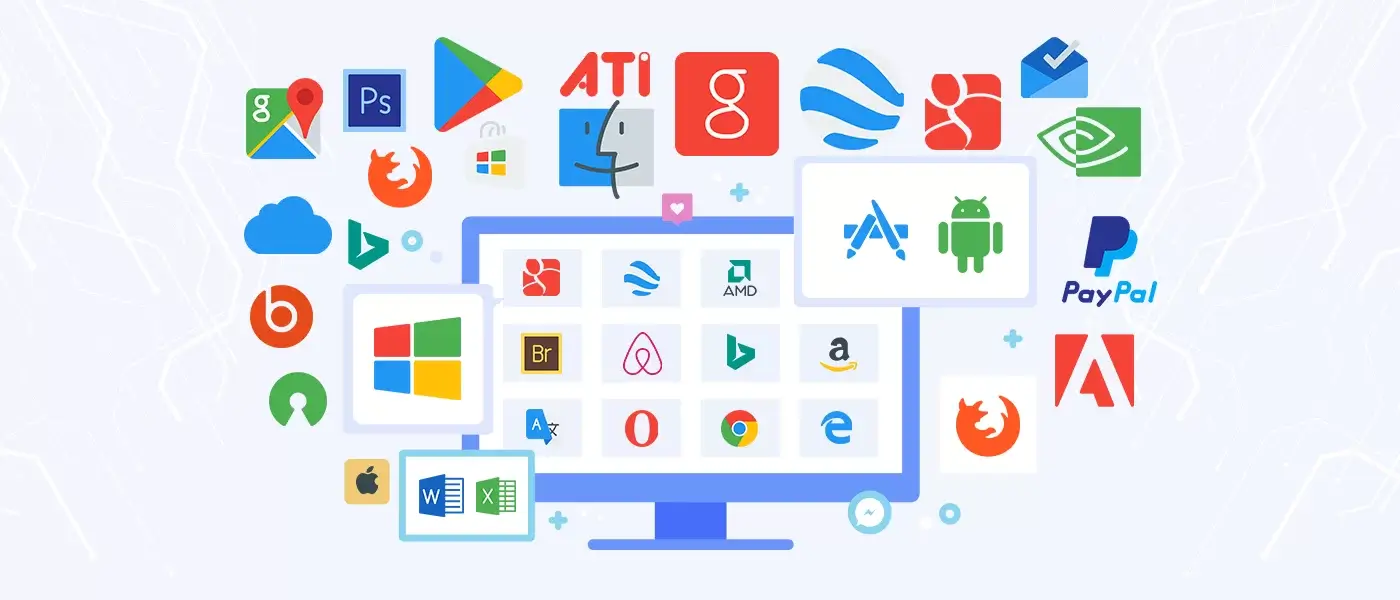
Event planning can be made more efficient by using event management software. This type of software helps in streamlining processes, managing attendee information, and handling ticket sales effectively. For instance, registration software simplifies the process of collecting attendee details and selling tickets online. Project management tools aid in task delegation among team members and facilitate collaboration on various aspects of event planning.
By incorporating these digital solutions into your event planning process, you can significantly improve efficiency and productivity. Imagine being able to manage attendee registrations seamlessly through an automated system that also handles ticket sales effortlessly. Moreover, utilizing project management tools ensures that tasks are allocated efficiently among team members for a smoother workflow.
Social Media Promotion
Developing a comprehensive social media strategy is crucial for successful event marketing. Creating engaging content tailored to different platforms helps generate excitement around the event and encourages potential attendees to participate actively. By sharing regular updates, teasers, behind-the-scenes glimpses leading up to the event date, you can maintain interest levels high.
Encouraging attendees to share their experiences on social media platforms using specific hashtags related to the event enhances visibility and engagement further. Harnessing the power of social media allows you to reach a broader audience beyond traditional marketing channels while fostering a sense of community around your events.
Event planning has become increasingly reliant on social media for promotion and engagement. According to a recent survey by Eventbrite, 94% of event organizers use social media to promote their events. Platforms like Facebook, Instagram, and Twitter offer a cost-effective way to reach a large audience and create buzz around upcoming events. In fact, events promoted on social media are 40% more likely to sell out compared to those that aren't. With the ability to target specific demographics and track engagement, social media has become an essential tool for successful event planning in today's digital age.
Venue Selection and Date Setting
Key Considerations
When planning an event, it's crucial to carefully select the venue and set the date. Start by determining the most suitable date, considering factors like availability for key participants and avoiding conflicts with major holidays or local events. Next, choose a convenient time slot and decide on the event's duration to ensure it aligns with attendees' schedules.
Selecting an appropriate venue is equally important. Look for a space that can comfortably accommodate all expected attendees while also providing room for activities or presentations. Consider factors such as accessibility, parking facilities, and transportation options to make it easier for guests to attend without any hassle.
To maximize attendance at your event, focus on effective promotion strategies. Develop a comprehensive marketing plan that outlines how you will reach your target audience using various channels such as email marketing, online advertising, and print media. Collaborating with partners or influencers can help expand your promotional reach through their networks.
Maximizing Promotion

When promoting your event, leverage different platforms to create buzz around it. Utilize social media channels like Facebook, Instagram, Twitter to engage with potential attendees actively. Create engaging content that highlights what makes your event unique and why people should attend.
Consider partnering with industry influencers who can amplify your message to a broader audience base beyond your immediate network. By tapping into their followership, you can increase visibility and attract more participants to your event.
Virtual Event Planning
Incorporating Branding

When planning a virtual event, incorporating branding is crucial. Create a cohesive visual identity using logos, colors, and fonts that resonate with the event's theme. Ensure consistency across all materials like invitations and signage to reinforce brand recognition. For example, if your event focuses on sustainability, use green tones and eco-friendly imagery in all promotional content.
Developing a dedicated event website is essential for providing attendees with information and facilitating smooth registration processes. The site should be easy to navigate, visually appealing, and optimized for mobile devices. Include key details such as the agenda, speaker profiles, FAQs, and contact information to offer a comprehensive resource for participants seeking information about the event.
Measuring Success and ROI
Measuring Success

Key performance indicators (KPIs) are crucial in evaluating the success of an event. These could include metrics like attendance numbers, engagement rates, or social media reach. By defining KPIs before the event, you set clear goals for what you want to achieve.
Collecting feedback from attendees is another vital aspect of measuring success. Surveys or post-event evaluations can provide valuable insights into attendee satisfaction, areas of improvement, and overall event impact. Analyzing this feedback helps in understanding what worked well and what needs enhancement for future events.
Addressing Costs and Benefits
Evaluating costs is essential to ensure financial viability. This involves breaking down expenses related to venue rental, catering, marketing materials, staff wages, etc., to understand where the budget is allocated.
On the other hand, assessing benefits such as increased brand visibility or networking opportunities provides a comprehensive view of the event's returns on investment (ROI). For instance, if hosting a conference leads to new partnerships or client acquisitions that directly contribute to revenue growth - these are tangible benefits worth considering.
Making informed decisions based on a cost-benefit analysis ensures that resources are allocated efficiently while maximizing outcomes for your event planning efforts.
Preparing for Events
Building Teams
Assembling a team with diverse skills is crucial. Each member should have defined roles and responsibilities, ensuring smooth collaboration. For example, having someone focused on logistics, another on marketing, and one handling finances can streamline the process.
Effective communication among team members is key to successful events. Regular check-ins and updates ensure everyone is on the same page. Encouraging open dialogue and feedback can lead to innovative ideas that enhance the overall event experience.
Pros:
- Diverse skill sets improve event quality.
- Defined roles reduce confusion.
Cons:
- Potential conflicts in decision-making.
- Communication challenges in large teams.
Streamlining with Technology
Utilizing technology can streamline various aspects of event planning. Event management software automates tasks like registration and ticketing, saving time and reducing errors. Virtual event platforms provide remote participation options for attendees who cannot physically attend.
Leveraging technology also enables seamless communication with attendees and stakeholders before, during, and after the event. Sending out automated reminders or updates keeps everyone informed about any changes or activities planned.
Implement an Event Management Software:
- Research different software options available.
- Choose one that aligns with your event needs.
- Train your team on how to use the software effectively.
Utilize Virtual Event Platforms:
- Explore platforms offering virtual attendance features.
- Set up a test run to familiarize yourself with the platform's functionalities.
- Communicate instructions clearly to attendees opting for virtual participation.
Execution and Review
Conducting Reviews

Regularly evaluate the progress and effectiveness of event planning to ensure everything is on track. Identify areas for improvement by analyzing past events. Implement necessary adjustments to enhance future event planning processes. Celebrate successes such as meeting deadlines or exceeding expectations, boosting team morale.
Managing Communications is crucial in event planning. Establish clear communication channels with stakeholders, vendors, and attendees from the start. Provide timely updates throughout the planning process to keep everyone informed about developments. Respond promptly to inquiries or concerns raised by stakeholders or attendees during the event planning journey.
Managing Communications
Maintaining open lines of communication is vital for successful event planning endeavors. Ensure that all involved parties are kept in the loop at every stage of the process - from initial concept development through post-event wrap-up sessions. Address any issues that arise swiftly and effectively, fostering a collaborative atmosphere among all participants.
Using Press Releases for Event Planning Blogs

Press releases are a valuable tool for event planning blogs to announce upcoming events, partnerships, or any other newsworthy information. By crafting a well-written press release with the keyword "event planning" strategically included, bloggers can attract the attention of journalists, influencers, and potential attendees. These press releases can be distributed through online platforms, such as PR Newswire or Business Wire, to reach a wider audience and generate buzz around the event. Additionally, including quotes from key stakeholders or industry experts in the press release can add credibility and interest to the announcement.
Furthermore, press releases can also help event planning bloggers improve their search engine optimization (SEO) efforts. By optimizing the press release with relevant keywords related to event planning, bloggers can increase their chances of appearing in search engine results when users are looking for information on similar topics. This can drive organic traffic to the blog and increase visibility among the target audience. Overall, utilizing press releases effectively can be a powerful strategy for event planning bloggers to promote their events and attract a larger audience.
Summary
You've now gained a comprehensive understanding of event planning, from creating effective plans to measuring success and ROI. Managing budgets, securing speakers, and selecting venues are all crucial steps in ensuring your event's success. Remember, marketing strategies play a significant role in attracting attendees and sponsors. Preparing well and executing flawlessly are key to hosting a memorable event. Virtual event planning has its own set of challenges but offers unique opportunities too. As you delve into the world of event planning, keep learning, adapting, and refining your strategies to stay ahead in this dynamic industry.
Frequently Asked Questions
How important is understanding event planning for successful execution?
Understanding event planning is crucial as it lays the foundation for a successful event. It involves knowing the objectives, target audience, and logistics needed to create a memorable experience.
What are some key components of creating an effective event plan?
Creating an effective plan involves defining goals, establishing timelines, assigning responsibilities, and anticipating potential challenges. It acts as a roadmap guiding you through every stage of the event planning process.
Why is managing budgets and expenses essential in event planning?
Managing budgets ensures financial feasibility and prevents overspending. By tracking expenses meticulously and making informed decisions on resource allocation, you can maximize resources without compromising quality.
How do securing speakers and sponsors contribute to the success of an event?
Securing engaging speakers adds value to your event by providing insightful content and attracting attendees. Sponsors not only provide financial support but also enhance credibility while expanding reach through their networks.
What role does marketing play in successful event planning?
Marketing plays a vital role in creating awareness, generating interest, and driving attendance to your event. Utilize various channels such as social media, email campaigns, PR efforts to promote your event effectively.
Free Press Release Template
Tell us where to send your PDF:
